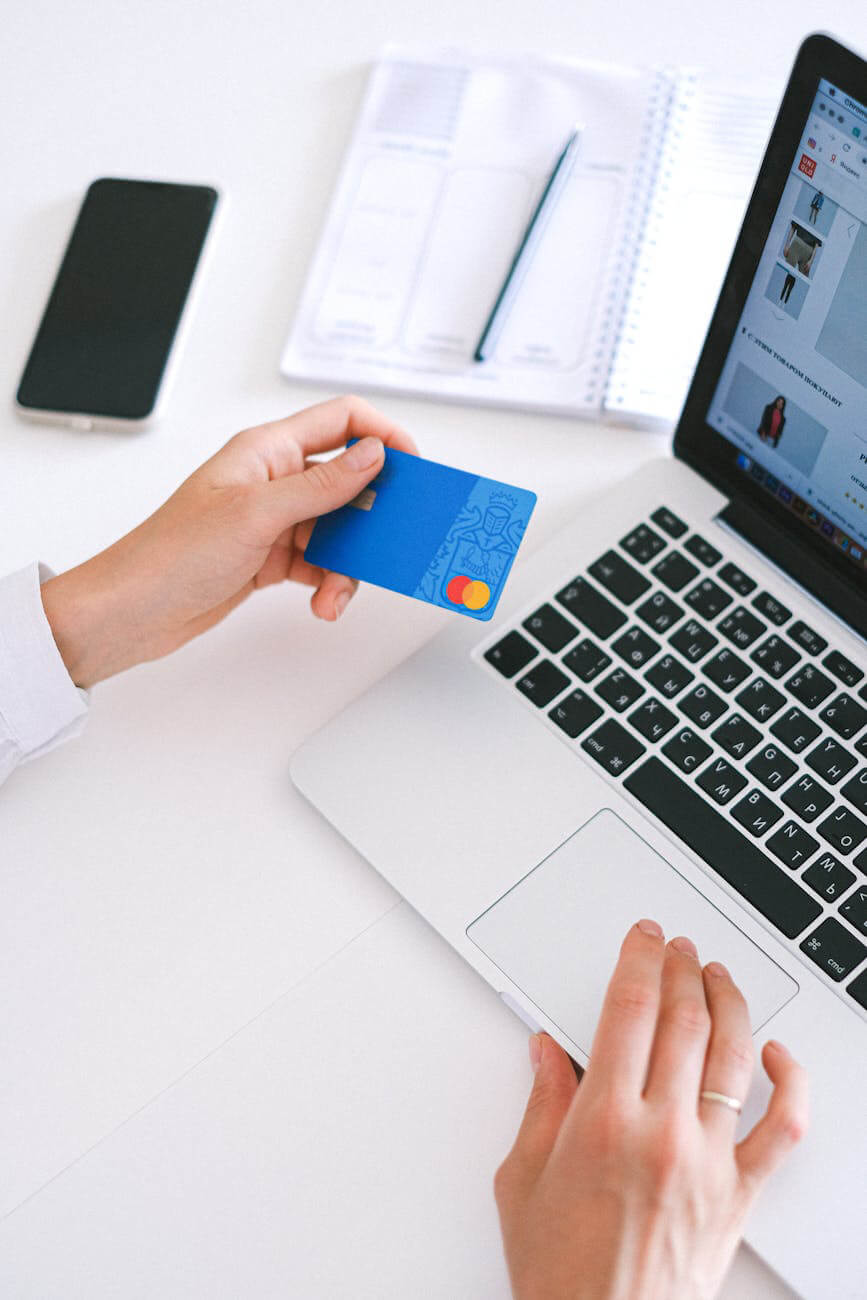Fake goods ousted from online marketplace
The problem with phoney, counterfeit items being sold online is a prevalent one, impacting consumers looking for a bargain on top brands and hurting the reputations of manufacturers and retailers alike as a result.
It is not just dodgy retail sites which stoke fake goods; platforms like eBay and Amazon have also been an incubator for them, since third party sellers can harness the global reach of these marketplaces to hawk their illegitimate wares to unsuspecting consumers hoping to shop online.
Now Amazon has announced that it is going to increase its efforts to crack down on fake goods which are sold on its site, according to Reuters. This is not just to win back the trust of customers, but also to show brands that it wants to work with them to fight counterfeiters.
Brands will get new powers to register their logos and other IP elements, enabling them to single out fake listings and have them removed, to avoid confusion and disappointment among customers.
Amazon is not going to charge brands for this service, but will rather roll it out in the US later this year as part of a trial phase, before implementing it globally.
Some critics argue that Amazon is in effect perpetuating the problem of low quality, low price goods, not just those aiming to impersonate genuine branded articles. But the firm is also combating this image, creating a system of coded labels which will be applied to products so that people who carry out safe shopping online can check whether or not what they have been sent is legitimate.
Convenience and cost-effectiveness are the two main tenets of online shopping, but addressing the issue of fake goods will certainly help to convince more people that they can also trust e-commerce outlets to deliver on quality.
